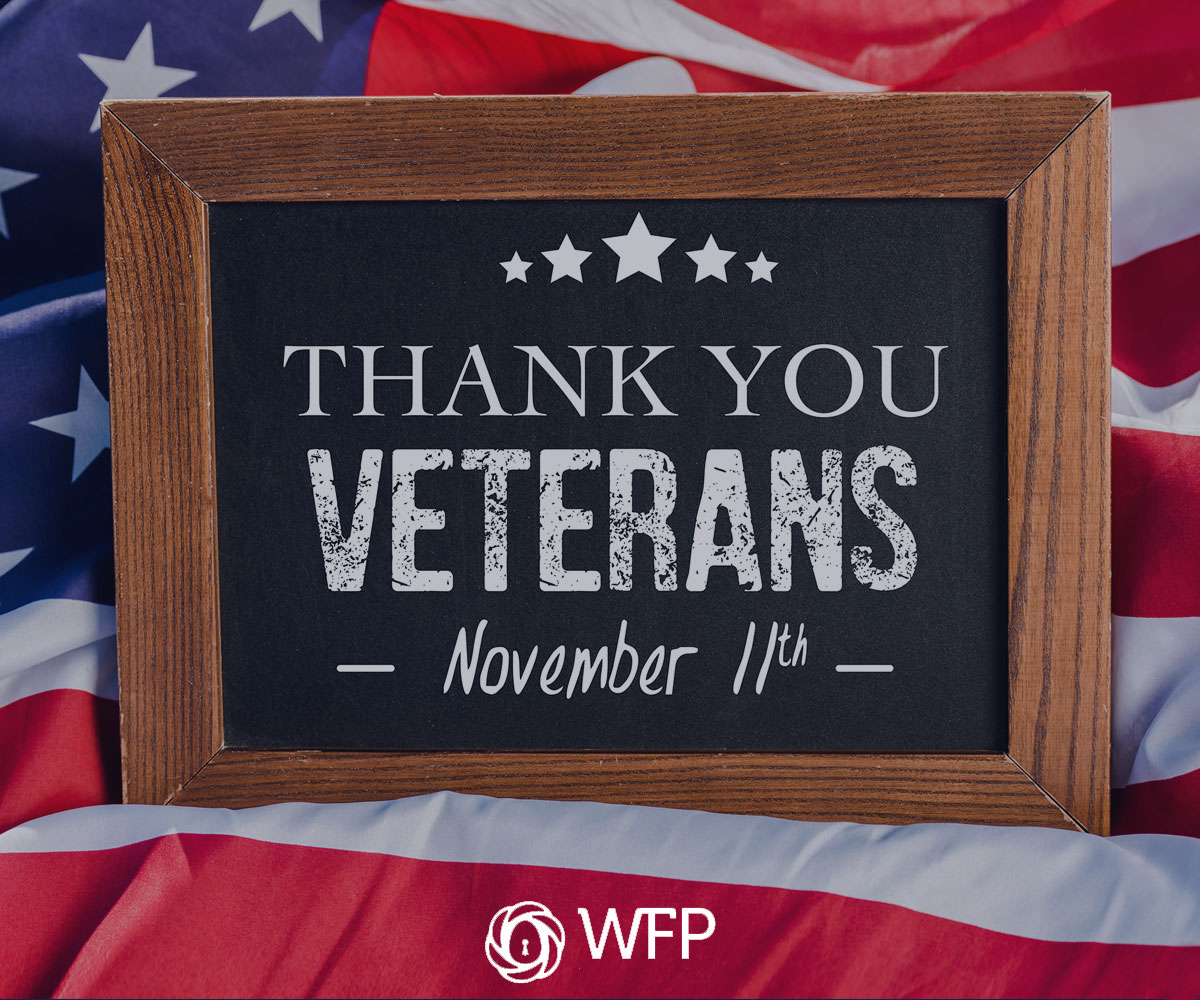 This Friday, November 11th, we’ll celebrate a holiday that calls on us to remember our veterans and what they have sacrificed to keep us safe. Veterans’ Day has been observed for sixty-eight years, and it is a federal holiday, which means a lot of people have the day off to reflect.
This Friday, November 11th, we’ll celebrate a holiday that calls on us to remember our veterans and what they have sacrificed to keep us safe. Veterans’ Day has been observed for sixty-eight years, and it is a federal holiday, which means a lot of people have the day off to reflect.
While you’re reflecting, consider focusing on what truly matters in life: your family. Estate planning can be an excellent way to protect your family after you pass on. Estate planning, in a nutshell, is the process of arranging and anticipating, during your life, for the management and disposal of your estate when you pass away. It can be a gloomy topic, but we choose to look at estate planning as a celebration of life and a way for your legacy to live on.
Protective Estate Planning
The thing about estate planning is that it doesn’t work if you drag your feet. If you’ve been thinking about getting an estate plan but haven’t done it yet, consider this your wakeup call to meet with an attorney. There are five main components to an estate plan, though there are a lot more tools you can use besides these main five.
Here are the five main components of a solid estate plan:
- Wills And Trusts. Though they’re in the same section in this article, wills and trusts are two different things. A living trust is a legal document that is established during your lifetime. It transfers assets to a trustee to be distributed upon death to your beneficiary. A trust bypasses probate court, which makes it an attractive option. Wills, on the other hand, are last expressions of your final wishes for your assets. They go into effect after you die, and they must pass through probate court.
- Medical Or Healthcare Power of Attorney. This power of attorney is a trusted individual who you appoint to make your financial or healthcare decisions if you are too incapacitated to do so. This PoA acts on your behalf and having such a designation can be very important for your wellbeing.
- Durable Power of Attorney. A PoA is a written document that designates another person as your agent to make decisions on your behalf. The Durable Power of Attorney covers a wide range of business and legal matters.
- Living Wills/Advance Directives. Living wills/advance directives are legal documents that specify the medical treatments you would or wouldn’t want to be used to remain alive in the event of a medical emergency. It can also detail your decisions on pain management and organ donation. As you can imagine, this document is very personal to the creator.
- Beneficiary Designations. A beneficiary designation lets you transfer assets to individuals no matter the terms of your will. These designations are usually used when a retirement account, life insurance policy, or financial account are established. Your beneficiary gets the proceeds of the account when you die.
Asset Protection vs. Estate Planning
Estate planning is an excellent way to manage your affairs and ensure things are in order when you die. Estate planning is different from, though no less important than, asset protection.
Asset protection consists of a body of legal techniques, which abide by the law, that protect the assets of individuals and entities from judgments and creditor claims. Asset protection planning insulates assets from creditor claims without committing tax evasion or perjury. Insurance, transferring assets, retitling assets, creating a trust, and more are all legal, useful ways to insulate your property and money from civil judgments.
Both estate planning and asset protection are necessary for those who want to ensure that their assets are distributed in the best way possible. Contact a WFP estate planning attorney today to learn more.